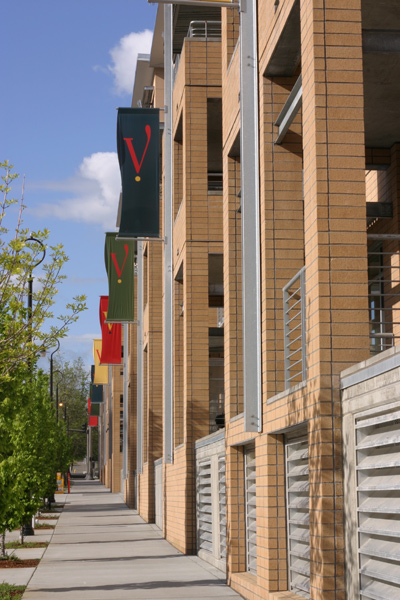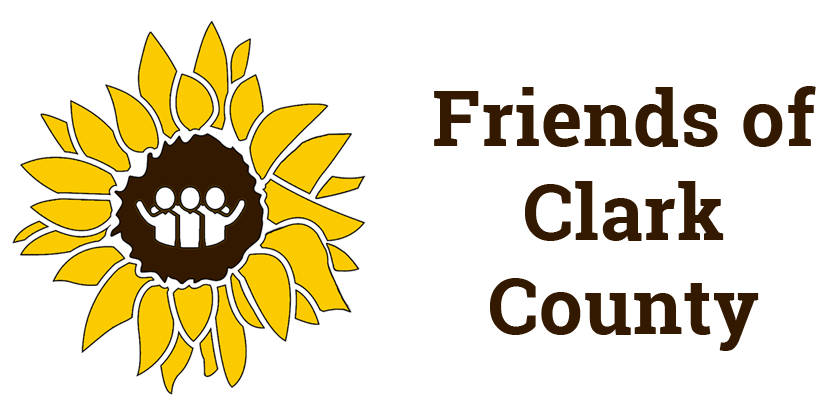Housing & Transportation
“The recovery of sprawl to vibrant places is literally our generation’s greatest challenge.”
-Steve Mouzon, Architect and New Urbanist
Connecting Communities, Affordably
Friends of Clark County support a smart growth approach to creating affordable housing and transportation. We envision compact urban development – desirable places to live that will attract families and individuals who will find a community with amenities like nearby parks, grocery stores, good schools, recreation and a transportation system that is less auto centric and connects public transit and safe biking and walking options accessible to all.
Within a more sustainable urban setting, it is important to apply low impact, green design and construction strategies to minimize our environmental impact. Balancing nearby jobs to housing is also critically needed to lessen long commutes and make the best use of our limited housing and transportation dollars.

For most households, transportation is the second-largest annual expenditure after housing. Friends of Clark County advocate for creating connected communities by linking affordable housing developments with diverse public transportation options to benefit low and median income households who otherwise could not afford to live here due to escalating costs of living. We want to ensure that everyone benefits from future development not just those with higher incomes. Diversity and inclusion play a significant role in our understanding of community and equity. Fair and equitable economic development is only possible if all stakeholders are included in the planning and policy making process.

Population growth challenges us all to make wise use of our resources and assure that everyone in our community can equitably share in both the benefits and burdens of development.
According to the UN World Commission on Environment and Development – “sustainable development is development that meets the needs of the present without compromising the ability of future generations to meet their own needs.”
The Growth Management Act has four goals that relate to transportation and housing:
GMA Goal (1) Urban growth. Encourage development in urban areas where adequate public facilities and services exist or can be provided in an efficient manner.
GMA Goal (2) Reduce sprawl. Reduce the inappropriate conversion of undeveloped land into sprawling, low-density development.
GMA Goal (3) Transportation. Encourage efficient multimodal transportation systems that are based on regional priorities and coordinated with county and city comprehensive plans.
GMA Goal (4) Housing. Encourage the availability of affordable housing to all economic segments of the population of this state, promote a variety of residential densities and housing types, and encourage preservation of existing housing stock.
